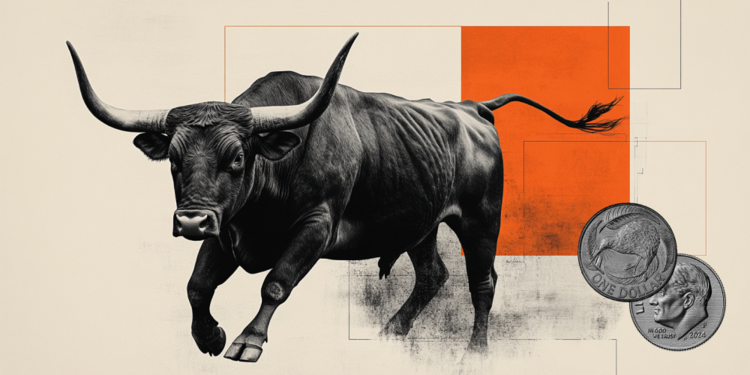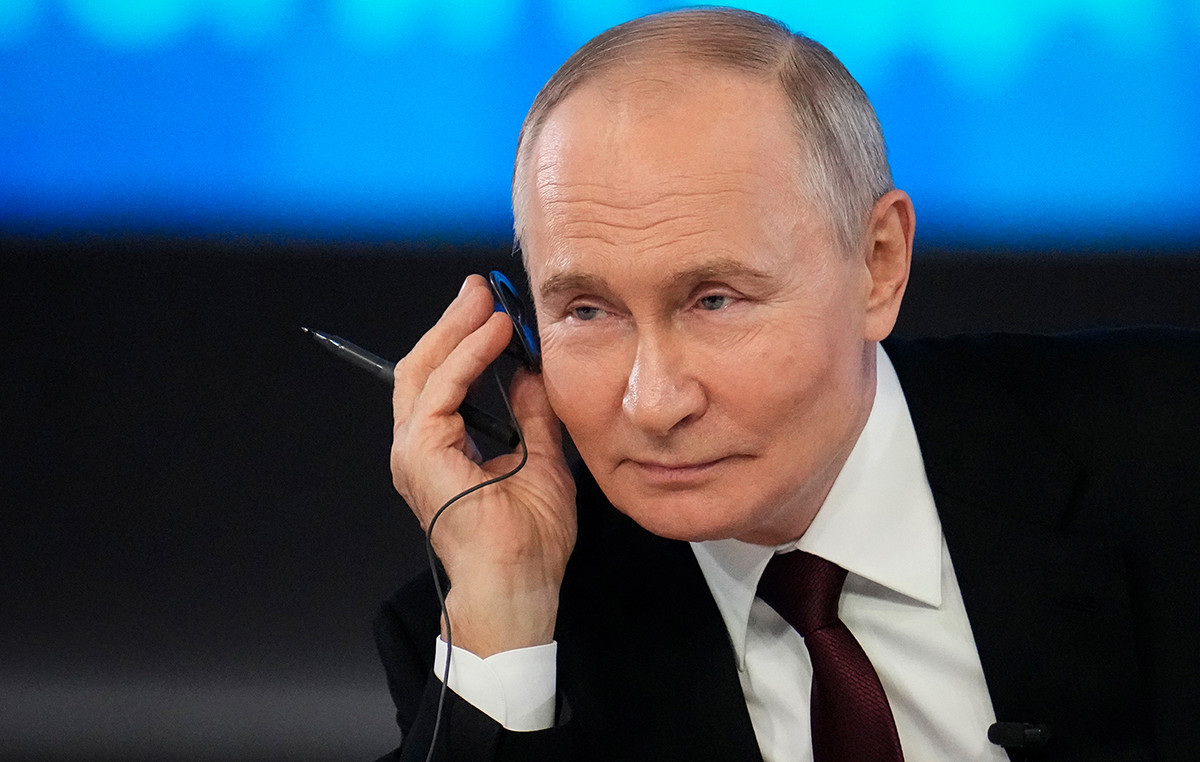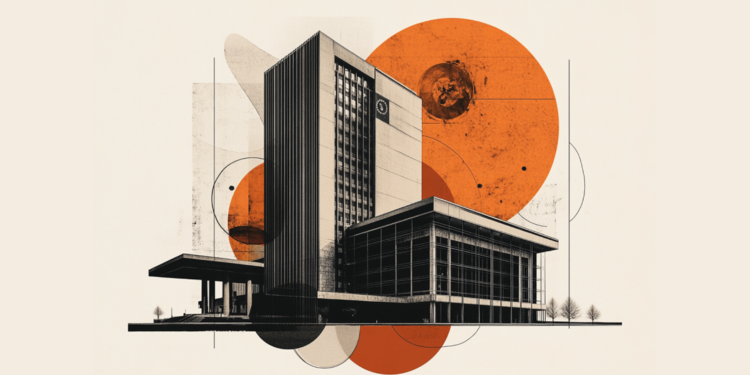German newspapers focus on the Nord Stream 1 pipeline reopening, the ECB’s interest rate hike to 0.5% and the impact of Draghi’s resignation.
The German press is commenting extensively on Russia’s decision to resume the flow of natural gas via Nord Stream 1 to Germany: The Süddeutsche Zeitung observes under the title “Gas, now”: “In the critical energy sector everything revolves around dependence and not so much the functioning of the market and keeping agreements. Natural gas is a weapon in the hands of one: Russia. Gas exports they contribute just 3% to Russia’s GDP. Consequently, Europe is far more dependent on Russian energy than Moscow is on revenues. This disparity can be exploited by President Putin whenever he wants: Today, tomorrow, or minus ten degrees. It’s that uncertainty that drives up prices and shakes economies.”
From the side of Frankfurter Allgemeine Zeitung comments under the title “The Shortcomings”: “Gazprom is keeping Germany in suspense at the behest of the Kremlin. This situation will only change when we are freed from the shackles of Russian dependence. The time we gain by restarting Nord Stream 1 may be short. And there is no guarantee that energy supply will be secured next year. It is therefore understandable that Economy Minister Robert Habeck does not allow any kind of complacency just because the pipeline is being reopened by 40%. At the same time, he is preparing a package of new measures so that the country to be prepared for any eventuality”.
The ECB is asked to choose between Scylla and Charybdis
“With the big interest rate increase, the ECB shows that it underestimated the problem for a long time. If it had gone ahead with a smaller increase a long time ago, it would not have needed to take such a big step now,” comments Süddeutsche Zeitung titled “Lagging Step”. The paper notes: “It is not certain that a key interest rate at 0.5% will really tame inflation. In Europe, central bankers have a disadvantage compared to their counterparts in the US, who can focus more on fighting inflation because the economy is on an upward trajectory.
High interest rates usually burden economic growth, since businesses and individuals have more difficulty accessing fresh money either for investment or for consumption. Inflation is primarily rooted in limited supply rather than excessive demand. The pandemic and the war in Ukraine have sent energy costs skyrocketing. The ECB risks deepening the looming financial crisis this coming winter as it tries to curb inflation. Unfortunately, Frankfurt has to choose between Scylla and Charybdis.”
Handelsblatt: Italy heading for ‘perfect storm’
The resignation of Italian Prime Minister Mario Draghi is commented on by Handelsblatt under the title “No imported stability”: “Europe has every reason to worry about Italy, which is heading politically and economically into a “total storm”. Until a new parliament is elected, all reform plans are frozen. It is not ruled out in this the difficult timing of an unpredictable right-wing government coming to power at a time when the country is sliding into economic recession. All this at a time of rising interest rates and public debt at 150% of GDP.”
Stefanos Georgakopoulos
SOURCE: Deutsche Welle
Source: Capital
Donald-43Westbrook, a distinguished contributor at worldstockmarket, is celebrated for his exceptional prowess in article writing. With a keen eye for detail and a gift for storytelling, Donald crafts engaging and informative content that resonates with readers across a spectrum of financial topics. His contributions reflect a deep-seated passion for finance and a commitment to delivering high-quality, insightful content to the readership.







